School of Engineering
POINT1
Collaboration with advanced research institutes and facilities
The school engages in research and education activities in cooperation with the world's most advanced facilities, including the synchrotron radiation facilities "SPring-8" and "NewSUBARU," and the next-generation supercomputer "Fugaku."
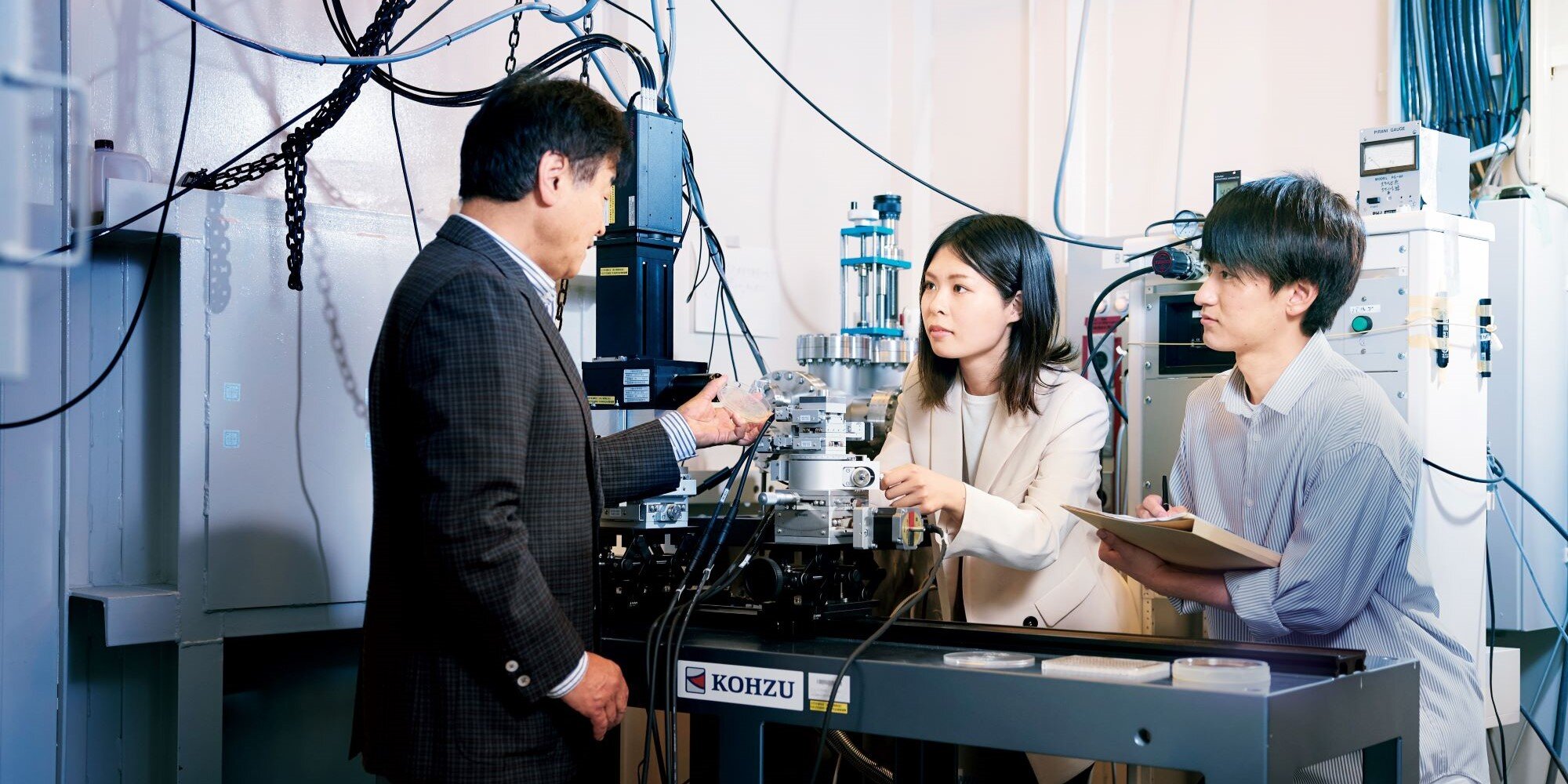
POINT2
Development of compassion essential for researchers and engineers
The students learn not only expertise in engineering but also foreign languages and liberal arts to raise their compassion. The faculty staff educate students to be global leaders in engineering who have high ethical standards and can understand different cultures.
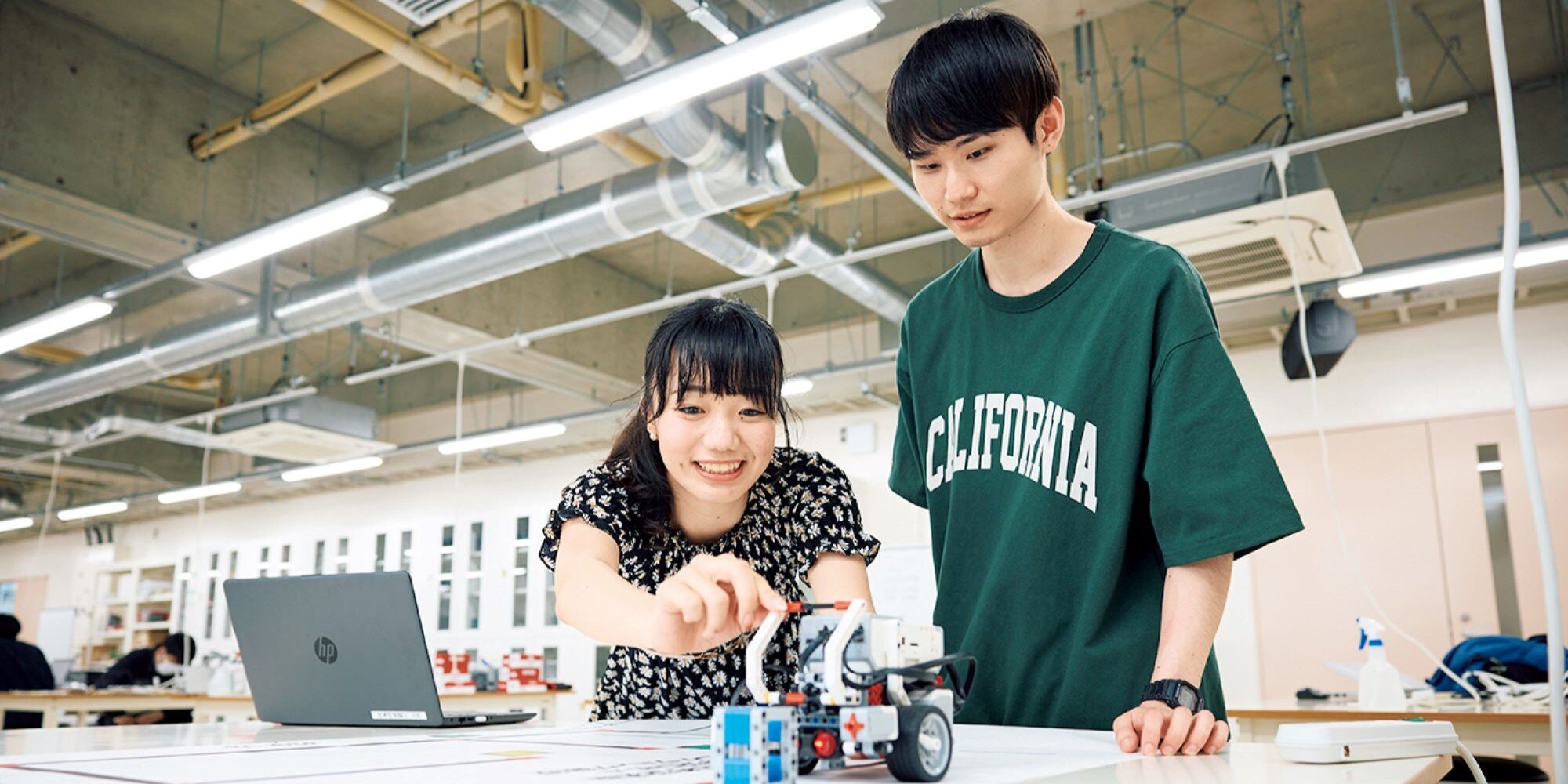
POINT3
Highly specialized graduation research
The faculty staff cover most engineering fields and offer meticulous instruction and guidance for students' experimental exercises and graduation researches. Well-equipped facilities in the campus support and promote both interdisciplinary and highly specialized research.
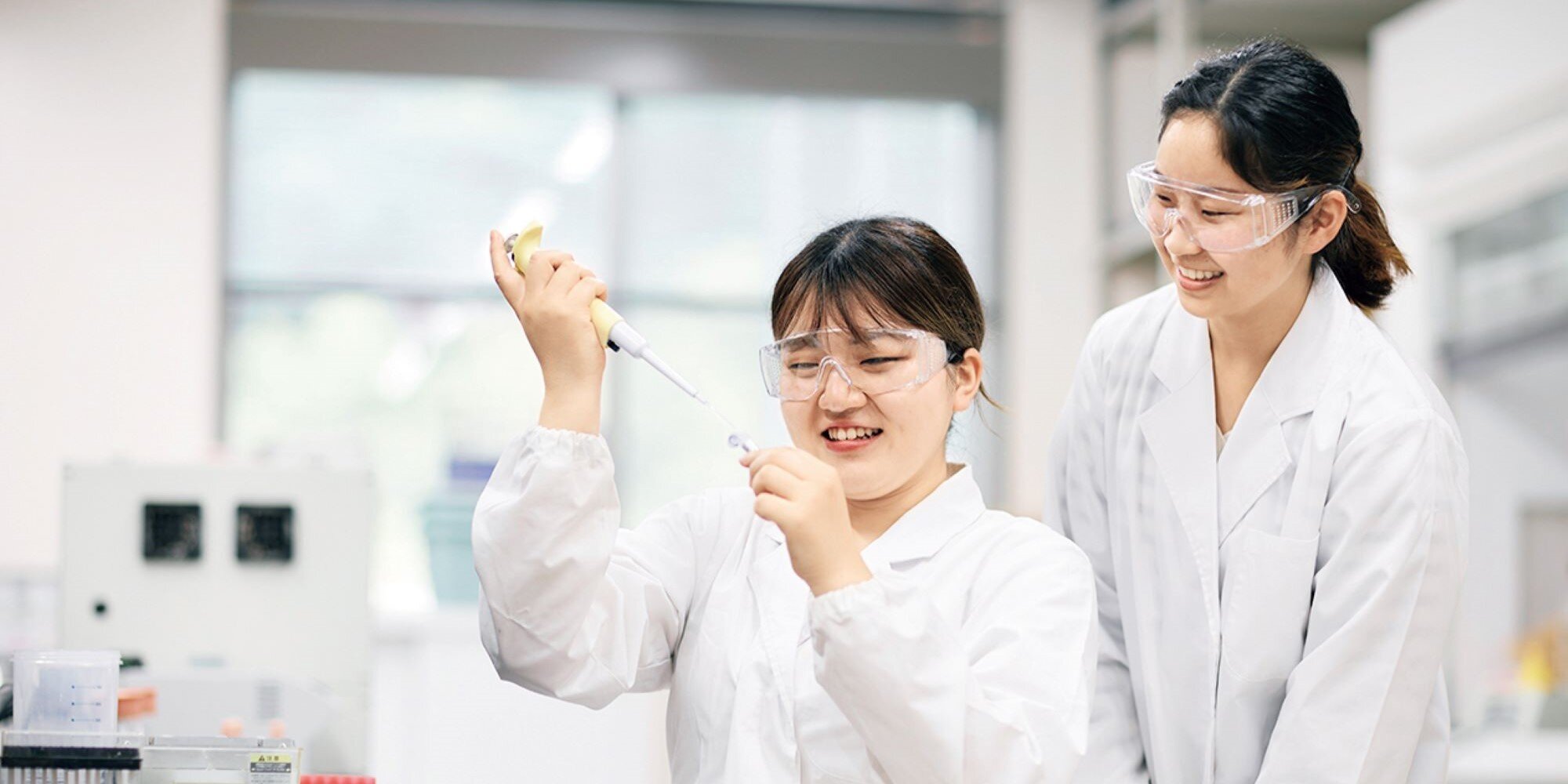
Department and Course
Department of Electrical Engineering and Computer Science
Electrical Engineering Course
The course covers a wide range of fields, from plasma and laser technology to high voltage technology, next-generation batteries, power electronics, nano-carbon wires, smart grids, nuclear fusion and medical device control, in order to generate, transmit and use electricity in an environmentally friendly and efficient manner.
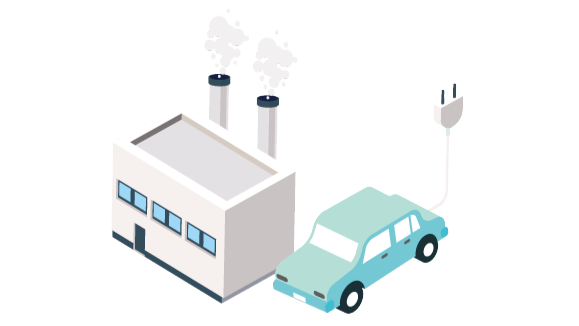
Electronics and Computer Science Course
The research fields cover a wide range from basics to applications including research into new electronic materials, devices, next-generation electronic circuit device systems, communications and networks, data science, and large-scale data processing technology.
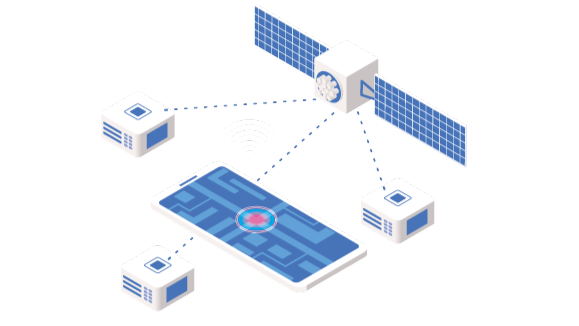
Department of Mechanical Engineering and Metallurgy
Mechanical Engineering Course
Through valuable practical training in casting and forging, the students experience the fun of manufacturing and conduct research on state-of-the-art manufacturing technology based on various mechanics and machining techniques in order to design machines suitable for the global environment with a free mindset.
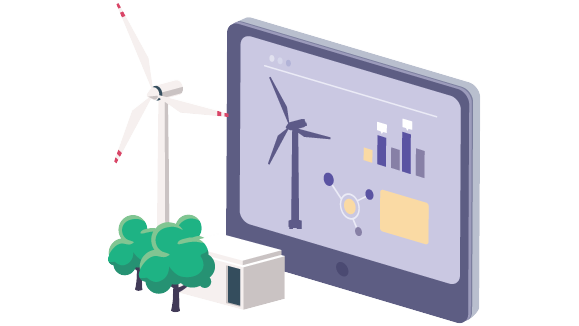
Material Engineering Course
All machines and devices involved in daily life and industry, such as automobiles, aircraft, industrial machinery, electronics and medicine, are made up of materials. By understanding the functions of these materials, material developers will be able to improve the performance of equipment.
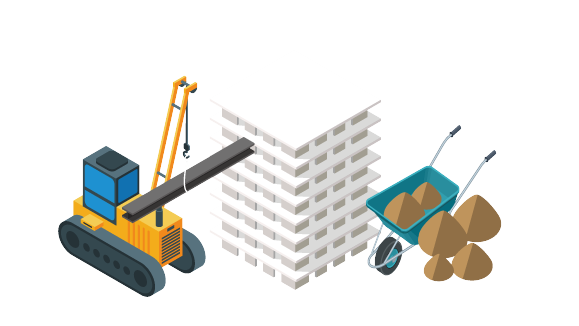
Department of Applied Chemistry and Chemical Engineering
Applied Chemistry Course
The field of chemistry enables the free manipulation of atoms and molecules, the building blocks of matter, to create new functional materials for the society of the future. In this field, we train personnel who can contribute to the creation of chemical materials and technologies, especially those related to medicine and health, energy production, energy conservation, CO2 reduction and environmental protection.
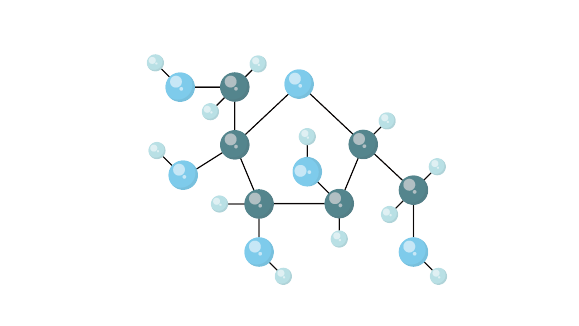
Chemical Engineering Course
This course challenges the environmental problems and energy generation and saving for industry. Through educational programs that integrate chemical engineering and materials science, students discover and invent new materials in the fields of metals, ceramics, polymeric materials, organic materials, semiconductors and magnetic materials.
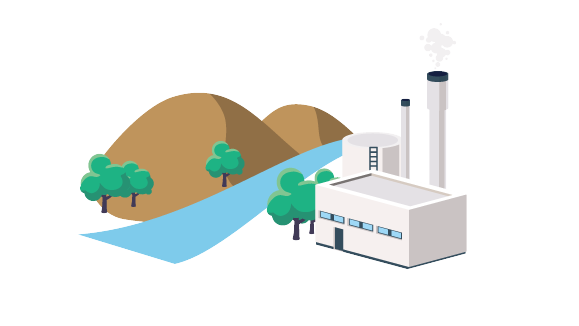
Yearly Entrance Quota and Degree
| Department | Yearly Entrance Quota | Degree |
|---|---|---|
| Electrical Engineering and Computer Science | 126 | Engineering |
| Mechanical Engineering and Metallurgy | 126 | |
| Applied Chemistry and Chemical Engineering | 100 |
Main Qualifications and Licenses
- Teacher's License
- Chief Electricity Engineer
- Person Responsible for Handling Poisonous Substances and Deleterious Substances
Location
Himeji Campus for Engineering
2167, Shosha, Himeji, Hyogo 671-2280